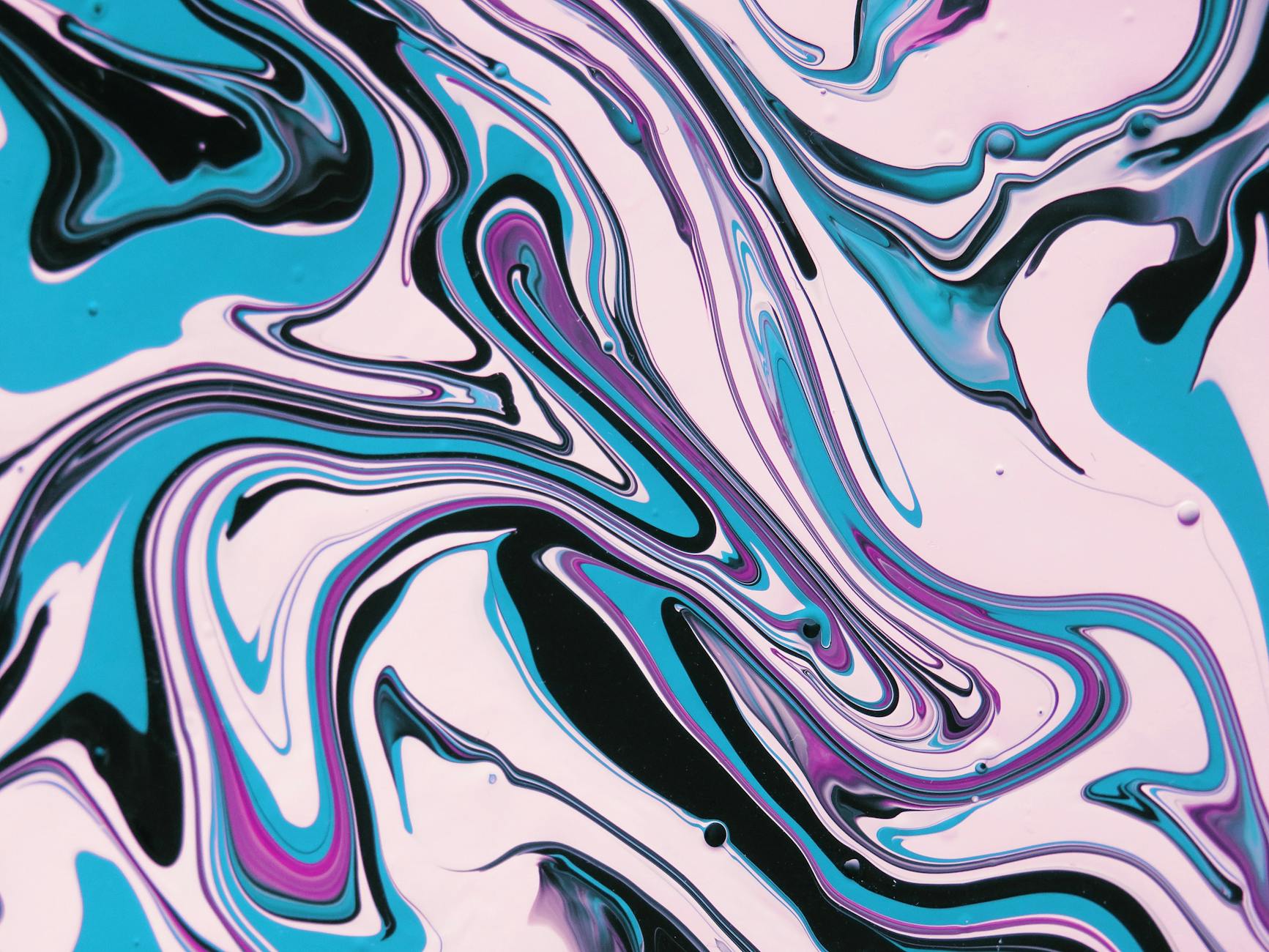Alert! 15 Nasty Skin Toxins to Dodge Now!

In our modern environment, our skin faces a barrage of potentially harmful chemicals and toxins daily. With emerging research shedding light on the consequences of prolonged exposure to certain toxic substances, it becomes ever more crucial to identify and avoid these detrimental components to maintain the health and vitality of our skin. This article aims to arm you with the necessary knowledge to navigate the treacherous landscape of skin toxins. Here, we'll unveil the top 15 skin-damaging toxins and provide you with safe practices to shield your skin and nourish your complexion.
The Top 15 Skin-Damaging Toxins to Avoid
-
Parabens (Methyl, Propyl, Butyl, and Ethyl Paraben) Commonly used as preservatives in cosmetics and skin care products, parabens can disrupt hormone function and have been linked to increased risk of certain cancers.
-
Phthalates (DBP, DEHP, DEP, and others) These are used to make plastics more flexible and can be found in many beauty products. They can cause endocrine disruption and reproductive issues.
-
Formaldehyde & Formaldehyde-Releasing Preservatives Found in many cosmetic products, these chemicals are carcinogenic and can cause allergic skin reactions.
-
Synthetic Colors (Dyes) Derived from coal tar and petrochemicals, artificial dyes are suspected carcinogens and are known to cause skin irritation and sensitivity.
-
Sodium Lauryl Sulfate (SLS) / Sodium Laureth Sulfate (SLES) Surfactants that create lather in cleansers and shampoos, can irritate skin, eyes, and lungs, particularly with long-term use.
-
Toluene Derived from petroleum or coal tar, toluene is present in nail polishes and other cosmetics. It is toxic to the immune system and can cause birth defects.
-
Propylene Glycol Commonly used as a skin-conditioning agent, it can cause dermatitis, hives, and other allergic reactions.
-
Sunscreen Chemicals (Benzophenone, PABA, Avobenzone, Homosalate, and Methoxycinnamate) These chemicals can disrupt endocrine activity and may lead to cellular damage and cancer.
-
Triclosan An antimicrobial chemical that is harmful to the aquatic environment and can contribute to antibiotic-resistant bacteria, as well as endocrine disruption in humans.
-
Lead and Other Heavy Metals Heavy metals can be found in lipsticks and whitening toothpaste and are neurotoxins that can lead to brain and nervous system damage.
-
Siloxanes (Cyclomethicone and ingredients ending in -siloxane, e.g., Cyclotetrasiloxane) These silicone-based compounds are found in various cosmetic products and can interfere with hormone function and damage the liver.
-
PEG Compounds (Polyethylene Glycols) Used in many skin creams and personal care products, these can be contaminated with ethylene oxide and 1,4-dioxane, which are both carcinogens.
-
Butylated Compounds (BHA, BHT) These synthetic antioxidants are used to extend shelf life and are likely to be carcinogens and hormone disruptors.
-
Coal Tar A known carcinogen used in dandruff shampoos, it can cause skin irritations and allergies.
-
Perfluorinated Chemicals (PFCs) Found in some cosmetics, these are linked to developmental and reproductive toxicity, and organ system toxicity, and can act as potential hormonal disruptors.
Safe Practices for Healthier Skin
-
Read Labels Carefully Educate yourself on the ingredients of your skincare products. Look for products that are "paraben-free," "phthalate-free," and so on.
-
Choose Natural or Organic Products Consider products that use natural preservatives and are certified organic, as they tend to have fewer synthetic chemicals.
-
DIY Skincare Create your skincare treatments using natural ingredients like honey, coconut oil, or aloe vera.
-
Patch Testing Always perform patch tests with new products to check for adverse reactions before fully incorporating them into your routine.
Through conscious consumerism and informed choices, you can minimize exposure to skin-damaging toxins and cultivate a healthier, more radiant complexion. Remember, your skin is the largest organ of your body, and it's essential to protect it against these nasty toxins. Start making safer choices today and pave the way for a naturally glowing future.